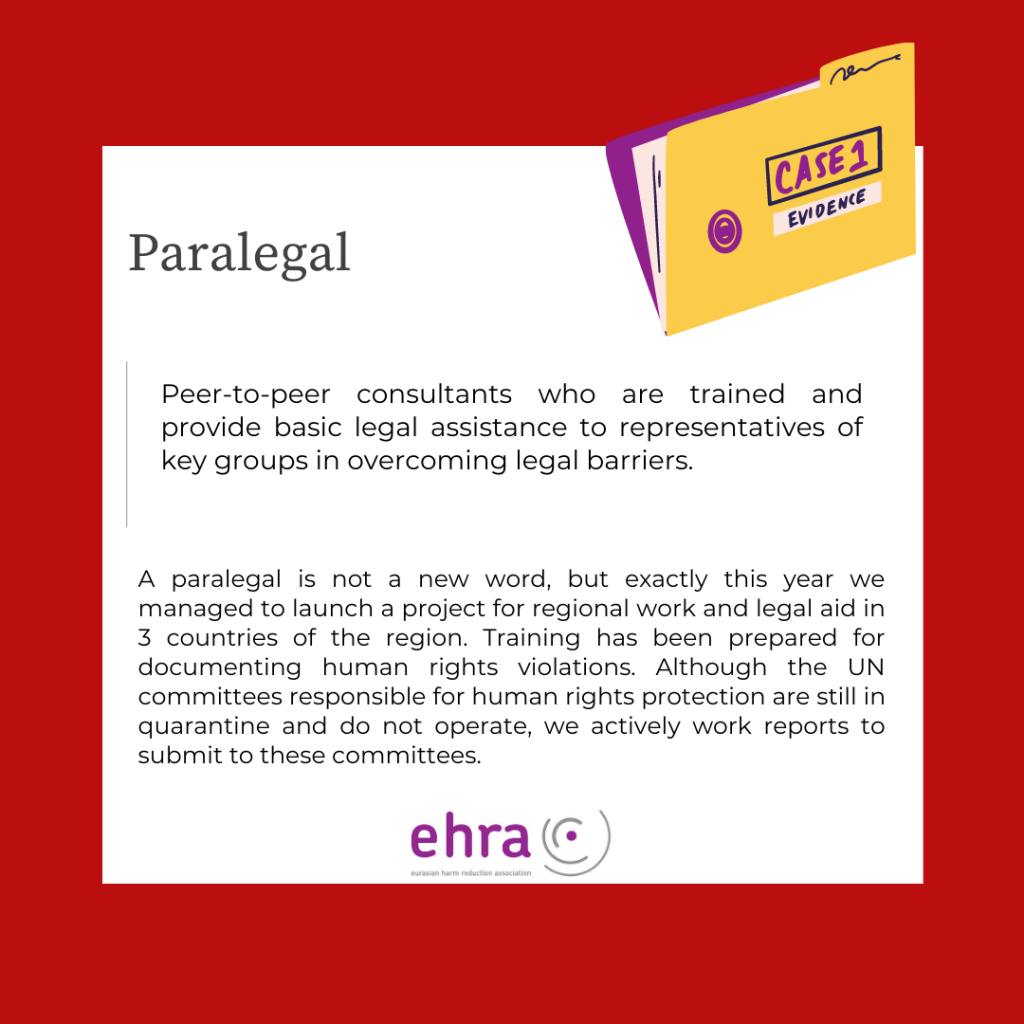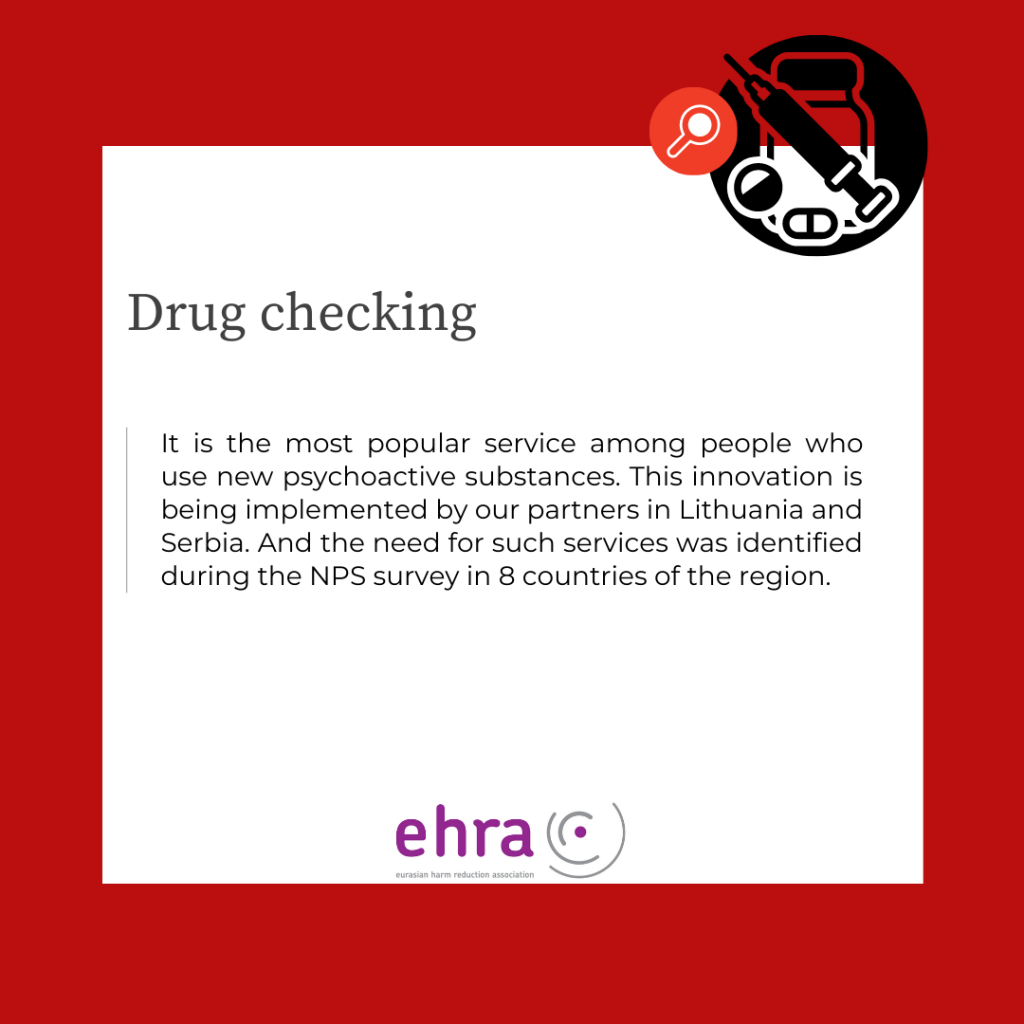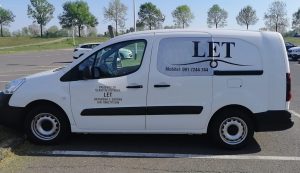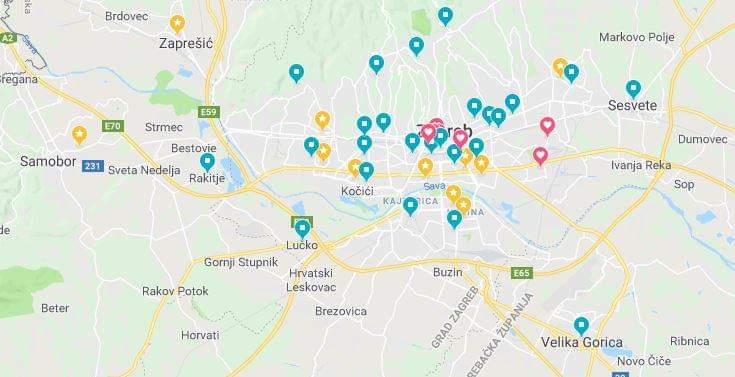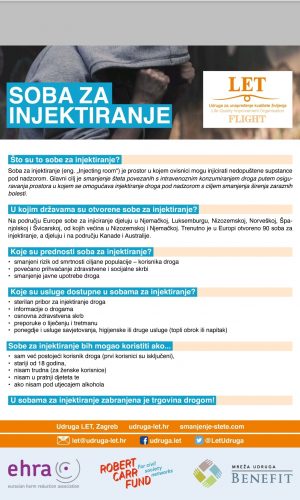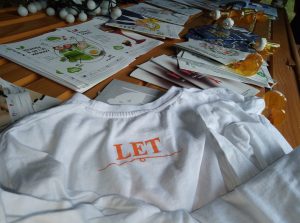| RFP Number | EHRA-07-27 |
| RFP Title | External consultants on advocacy support to conduct tripartite national working meetings in Armenia, Georgia, Kazakhstan, Kyrgyzstan, Moldova (one per each country) aim to improve the quality of services of harm reduction programmes. |
| RFP Closing Date and time: | 24:00 EET on August 15, 2022 |
| Proposal Submission Address: | info@harmreductioneurasia.org |
Background
Eurasian Harm Reduction Association (EHRA) is a non-for-profit public membership-based organization uniting harm reduction activists and organisations from Central and Eastern Europe and Central Asia (CEECA) with its mission to actively unite and support communities and civil societies to ensure the rights and freedoms, health.
Being a partner of the Alliance for Public Health, the All-Ukrainian Network of PLWH 100% Life and other regional networks in the implementation of the Global Fund funded regional HIV project “Sustainability of services for key populations in Eastern Europe and Central Asia”, EHRA activities, among others, aim to improve the quality of harm reduction services by national authorities and service providers in EECA countries.
Shifting away to national funding of harm reduction services in EECA countries over the next few years will result in the quality of harm reduction services being governed by national standards or guidelines. In this situation, there are certain risks that could lead to the loss of significance of harm reduction services by national authorities and service providers, hence the loss of their holistic and integrated impact on the health and social well-being of people who use drugs, as well as problems in ensuring the quality of harm reduction services.
To minimize these risks, EHRA throughout 2022-2024 is planning to initiate a series of national meetings aiming to build consensus among all key national stakeholders on the current approaches to harm reduction as an element of HIV prevention and the prospects for modernizing approaches based on the current comprehensive aims and objectives of harm reduction. It is expected that such meetings will contribute to the modernization of principles, values and approaches in the work of harm reduction programmes and will help to achieve the following objectives:
- ensure coordination of national efforts to improve the quality of harm reduction between representatives of the community of people who use drugs, service providers and the customers of harm reduction services (relevant government agencies, international donors);
- expand the dialogue around the comprehensiveness of harm reduction programmes, avoiding its isolation only in the HIV response, and, consequently, engage stakeholders responsible for implementation of various social assistance programmes at the national and municipal level;
- ensure the inclusiveness of such a dialogue on complexity of harm reduction programmes, providing equal opportunities on the influence the national plans on quality increasing of the indicated programmes for all three parties, namely the community of people who use drugs, service providers and service users (relevant government agencies, municipalities, international donors working in the country).
- ensure transparency and accountability in the process of making progress in the implementation of national strategies of the quality improving of harm reduction programmes.
Objectives and key tasks of the national consultants.
EHRA is looking for national consultants in five countries: Armenia, Georgia, Kazakhstan, Kyrgyzstan, Moldova (one for each country) for advocacy support of tripartite national working meetings to coordinate the efforts of stakeholders involved in the design, planning and implementation of harm reduction in modernizing national/regional systems that define principles and objectives for harm reduction programmes to significantly improve their quality to match the existing best international practices.
These national consultants are expected to carry out the following tasks according to the following timeframe:
- Conduct a mapping of the key challenges and barriers in modernizing harm reduction principles, values and approaches in harm reduction programmes functioning at the national level. Formulate a framework for action to modernize harm reduction approaches based on the mapping.
- Initiating a dialogue with the key national representatives of stakeholders involved in the establishment, planning and implementation of harm reduction programs regarding the existing approaches to the implementation of harm reduction programs as an element of HIV prevention and the prospects for modernizing the approaches, taking into consideration the existing complexity of goals and objectives of harm reduction programmes. It is expected that, as a result of such communication, the selected consultants will discuss and finalize a framework for action to modernize harm reduction programming approaches.
- Coordinate on preparing and expert participating in tripartite national working meetings to build consensus on a comprehensive understanding of the quality of harm reduction programmes in relation to the needs of the community of people who use drugs.
- Ensure coordination of further steps at the national level to ensure the quality of harm reduction programmes, in particular by initiating:
- preparation of a national plan/strategy to improve the quality of harm reduction services considering the best international practices that comprehensively meet the needs of people who use drugs.
- establishing a working group to modernize the principles, values and approaches of harm reduction programmes.
The tripartite national working meetings are expected to include the following stakeholders:
- Representatives from state and municipal health and social services, and other state institutions responsible for funding, planning and overseeing harm reduction programs at national and local levels;
- Individual and organizational representatives of the community of people who use drugs at national and municipal levels;
- Key representatives of organizations providing harm reduction services in the country at national and municipal level;
- Representatives of regional and international organizations that are interested in improving the quality of harm reduction programs (EHRA, international donors funding harm reduction, HIV prevention and other health services, WHO).
Within the framework of this ToR, the selected consultants will use in their communication with the national partners (1) EHRA position on quality of harm reduction services and (2) the tool “Components, Arguments, Criteria” (CAC) developed by EHRA. EHRA will support the selected consultant in understanding this position. Upon request, EHRA will provide expert support in understanding of the indicated concept and the principles, values and approaches in modernizing the work of harm reduction programmes.
The consultant should be available for regular calls with designated EHRA staff/experts to discuss the progress/challenges related with the fulfilment of the task.
Expected results:
The following products (in Russian) are to be provided as a result of the work carried out by the consultant in accordance with these ToR:
– Results of the mapping of key challenges and barriers in the modernization of harm reduction principles, values and approaches in the work of harm reduction programs at the national level.
– Framework description of actions on modernizing harm reduction programmes, based on the mapping arranged.
– Program and protocol for the tripartite national consensus dialogue on a comprehensive understanding of the quality of harm reduction programmes, taking into consideration the needs of the community of people who use drugs.
Proposed timeline:
August 2022 – to conduct a mapping of key challenges and barriers in modernizing of harm reduction principles, values and approaches at the national level. Formulate a framework for action to modernize harm reduction approaches based on the mapping.
September-October 2022 – to initiate the dialogue with key national stakeholders involved in the creation, planning and implementation of harm reduction programmes about established approaches to the implementation of harm reduction programmes as an element of HIV prevention and the prospects for modernising approaches, taking into account the current complexity of harm reduction programme goals and objectives.
November 2022 – expert participation and facilitation of tripartite national dialogues to build consensus on a comprehensive understanding of the quality of harm reduction programmes in relation to the needs of the community of people who use drugs.
November-December 2022 – to ensure coordination of further steps at national level to provide the quality of harm reduction programmes
Cost of services and payment procedure
The cost of services will be calculated on the basis of the fixed number of consultant working days (25) and his/her confirmed daily rate. However, the total contract value of each consultant under this ToR shall not exceed $1,500 (including all taxes and related costs).
Evaluation criteria / requirements for candidates:
Submitted applications will be evaluated by the evaluation panel of the Eurasian Harm Reduction Association.
A two-stage procedure will be utilized in evaluating the proposals:
- evaluation of the previous experience (portfolio) via technical criteria – 80% in total evaluation.
- comparison of the costs (best value for money) – 20% in total evaluation. The EHRA will evaluate the proposal regarding the best value for money (price in euros and other factors are taken into account).
Cost evaluation is only undertaken for technical submissions that score a minimum 80 points out of a maximum of 100 as a requirement to pass the technical evaluation. A proposal which fails to achieve the minimum technical threshold will not be considered further.
| Сriteria: | Points |
| Excellent understanding of the context and processes connected with the implementation of harm reduction programmes | 50 |
| Experience in the similar advocacy work targeting to key national stakeholders who involved in the creation, planning and implementation of harm reduction programmes | 30 |
| Excellent understanding of the structure and experience of working with the range of national stakeholders involved in the creation, planning and implementation of harm reduction programmes | 20 |
| Maximum possible number of points | 100 |
This announcement shall not be construed as a contract or a commitment of any kind. This request for proposals in no way obligates EHRA to award a contract, nor does it commit EHRA to pay any cost incurred in the preparation and submission of the proposals.
How to apply
To be eligible as a EHRA consultant, any organization or individual must comply with the Eurasian Harm Reduction Association Code of Ethics which you can find at the following link: https://old.harmreductioneurasia.org/ehra-code-of-ethics/
Applicants must submit the following documents:
– CV,
– Letter of Interest. The CV and application should clearly reflect the competency of the candidate necessary to complete this task, as well as include the proposed number of working days for each stage, cost and timing of their implementation.
Please submit your proposal to the info@harmreductioneurasia.org .
In the subject line of your e-mail please indicate the RFP number and your name. Otherwise, the application will not be considered.
General terms
Interested consultants should pay attention to the following conditions:
EHRA will sign a contract with the 5 winners of the complete selection. The contract will define the detailed work plan and payment terms.
EHRA reserves the right (but does not commit itself to any obligation) to enter into negotiations with one or more applicants in order to obtain clarifications or additional information as well as to agree on the timing of the works. The successful candidate must confirm his/ her daily rate before signing the agreement. The results will be announced by August 19, 2022. Each candidate will be contacted individually.
Any questions regarding participation should be sent to yevheniia@harmreductioneurasia.org by August 15, 2022.

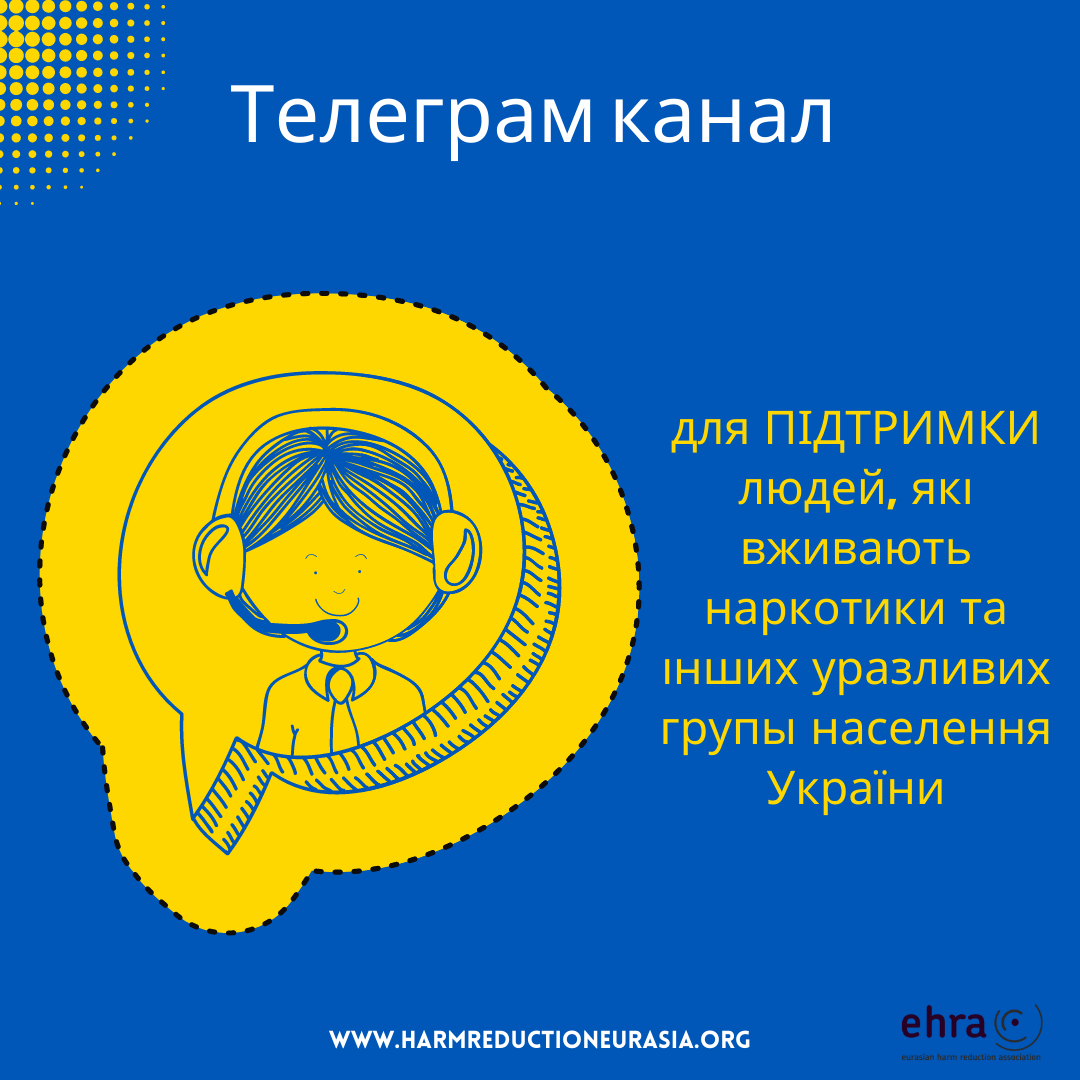







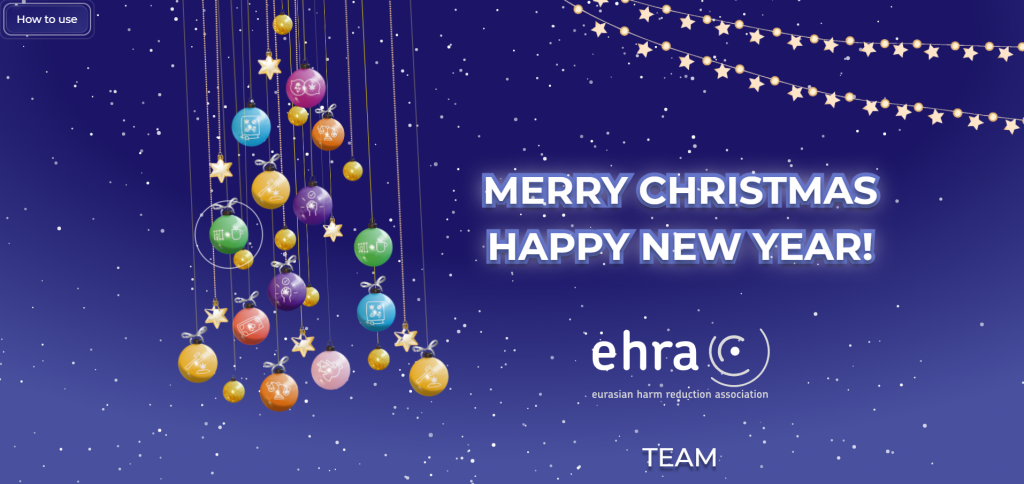
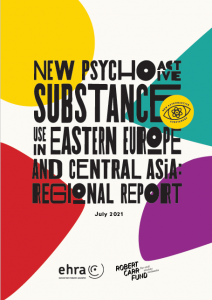
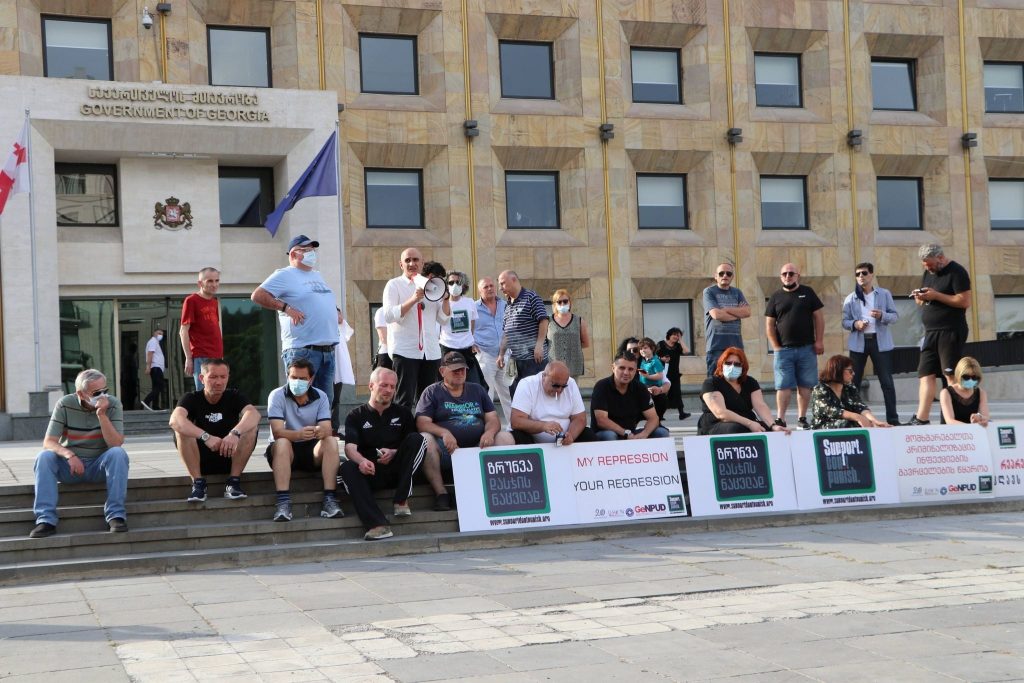
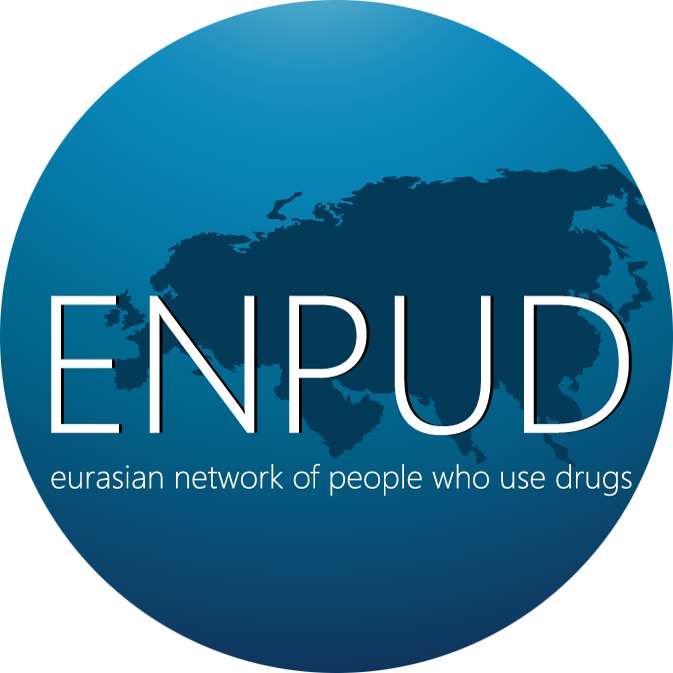
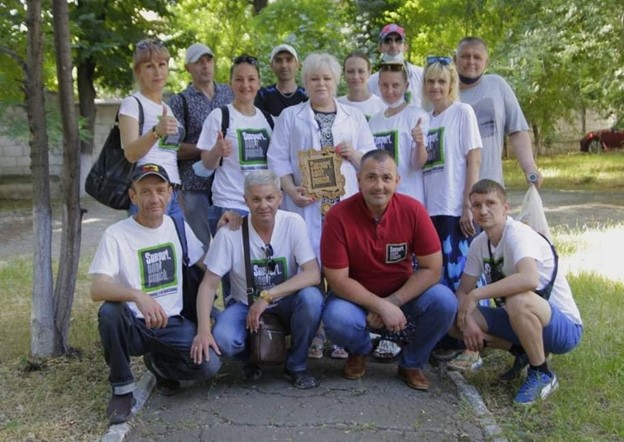
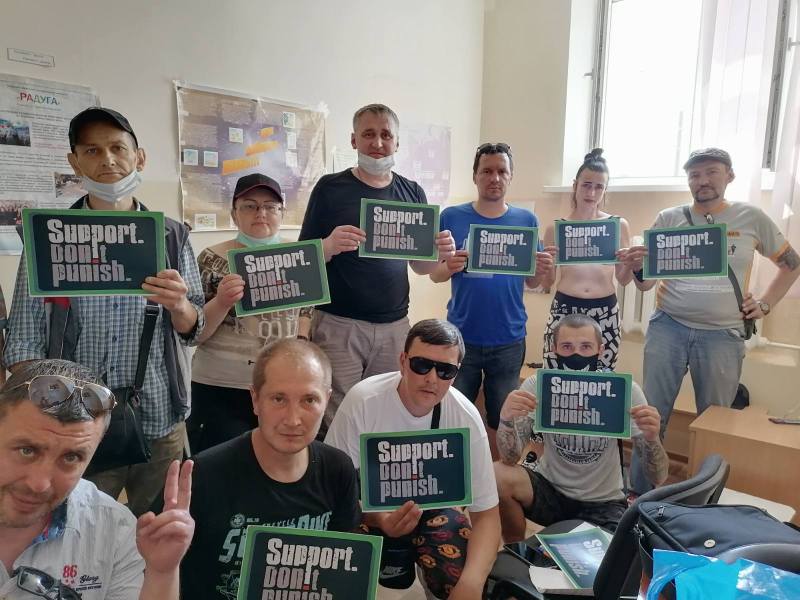
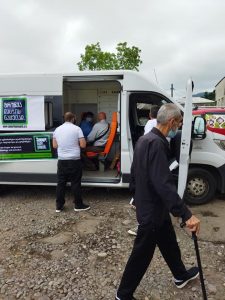
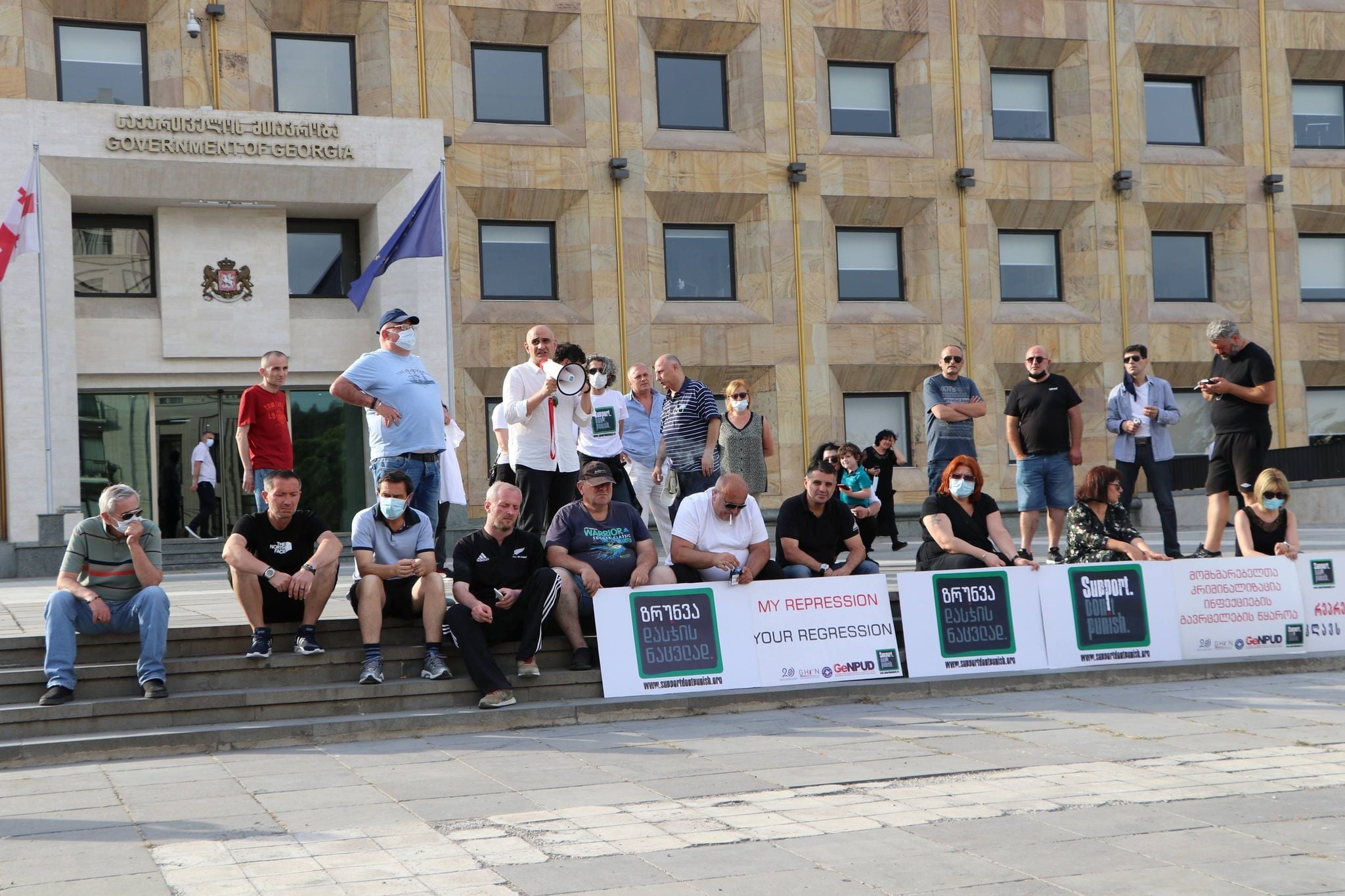
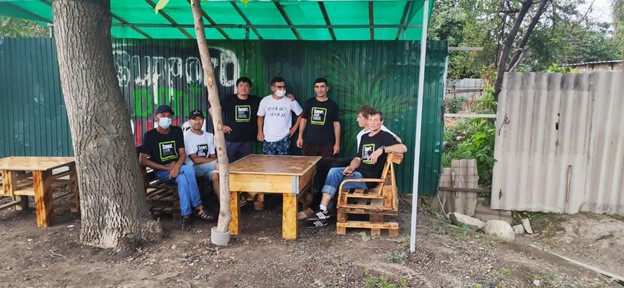
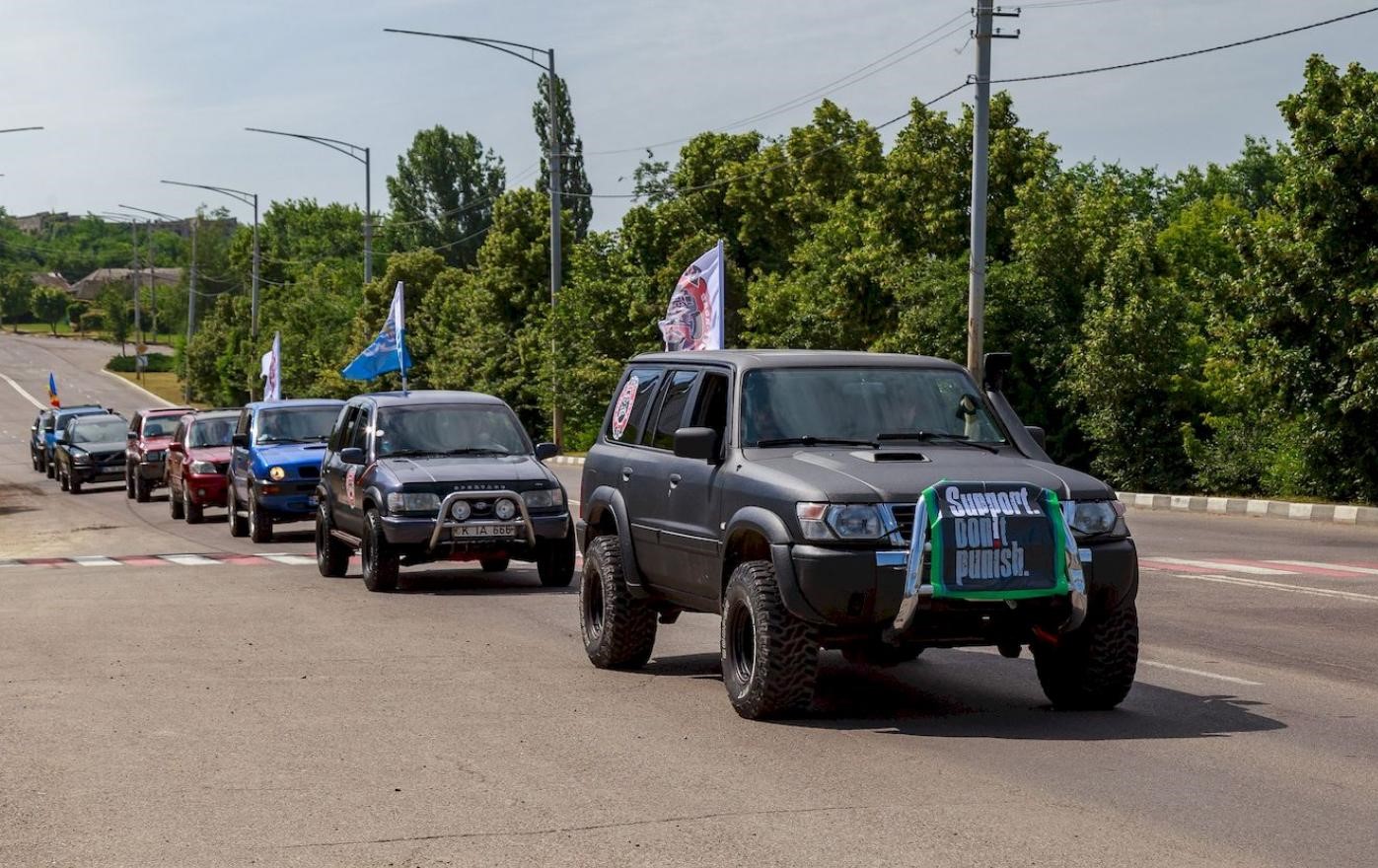
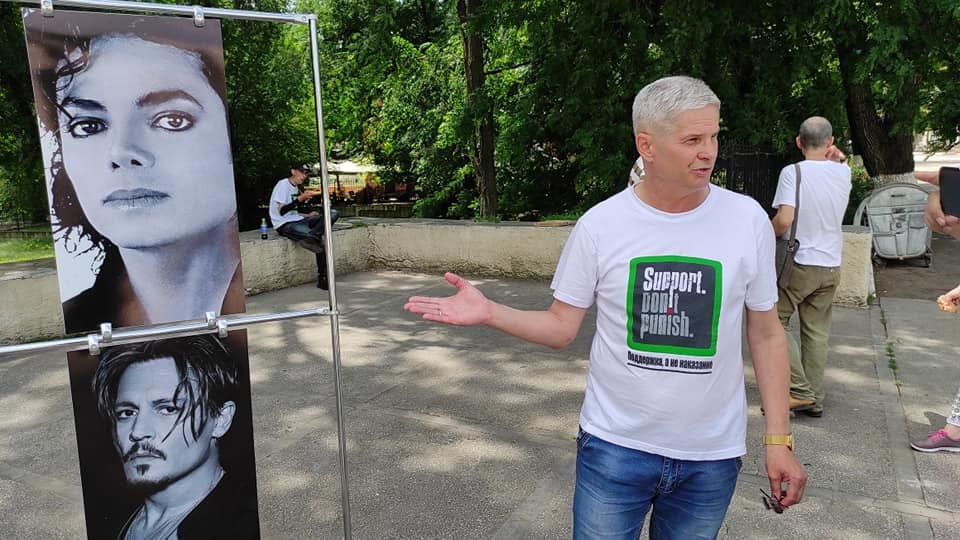
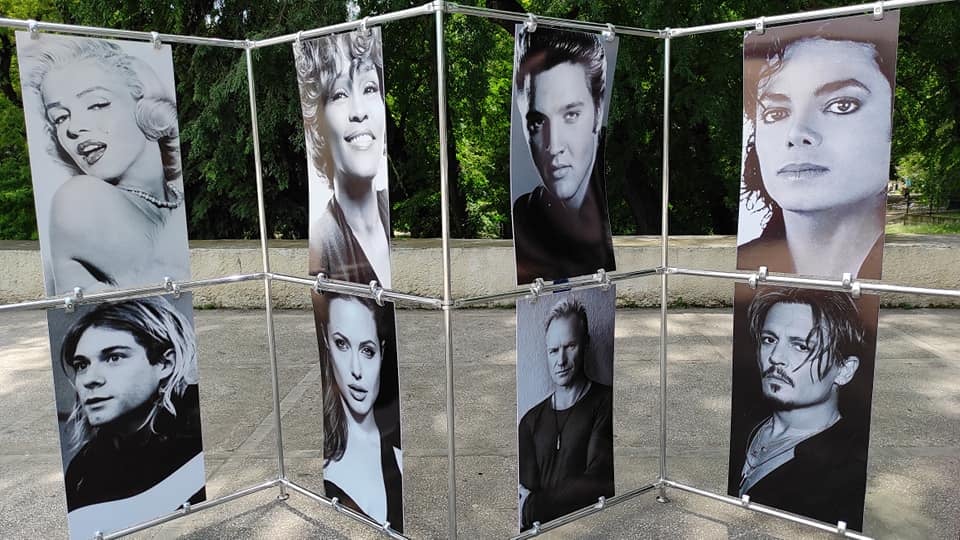
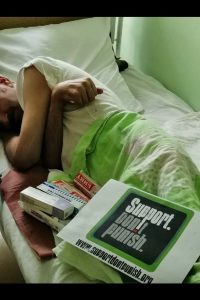
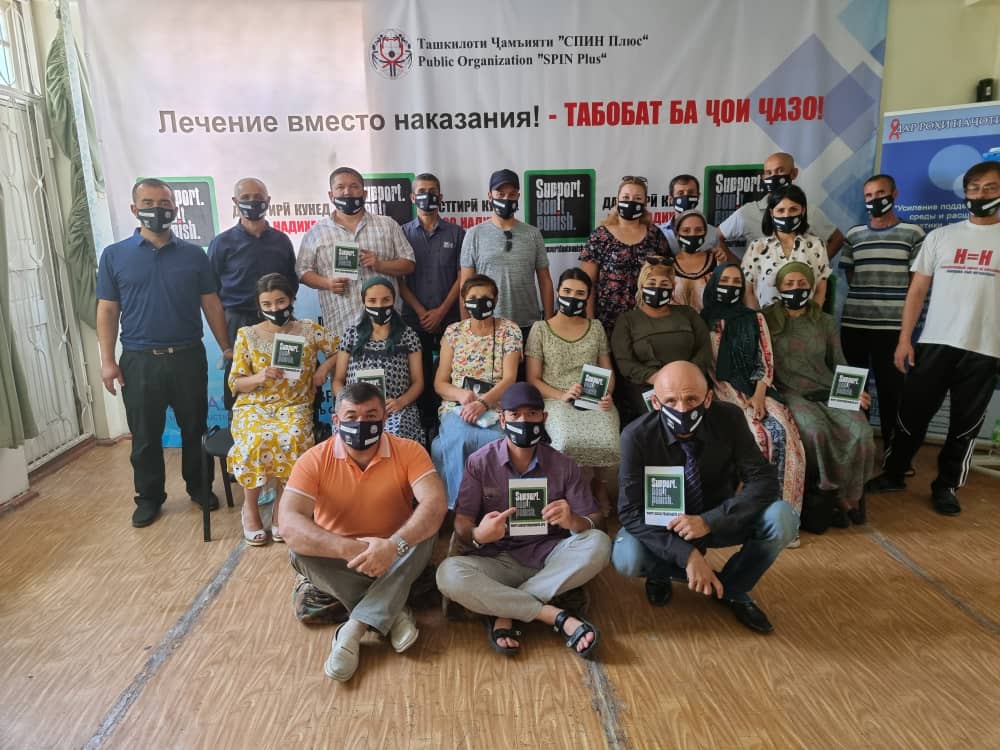
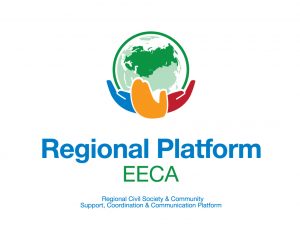 Background
Background




